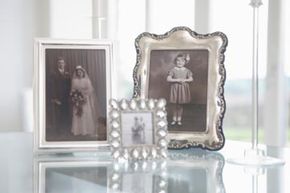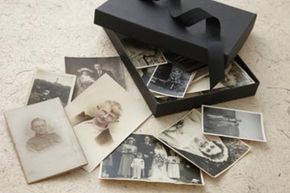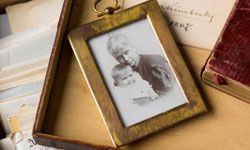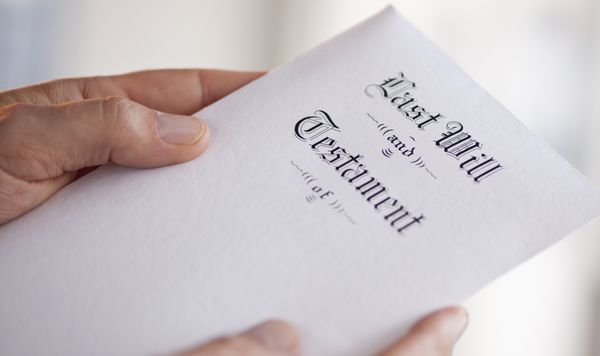The issue isn't whether you have important papers to pass down -- it's how many you have in the first place. From diplomas to letters and birth certificates to newspaper clippings, your family's history has probably been inked onto flattened wood pulp for generations. But the longer these papers sit around your house, the greater the chance that they'll decay or be damaged somehow. If you're like us, you've probably got a sneaking suspicion that a shoebox in the basement isn't the best way to store all your antique documents. So, what is? We decided to find out.
Advertisement





